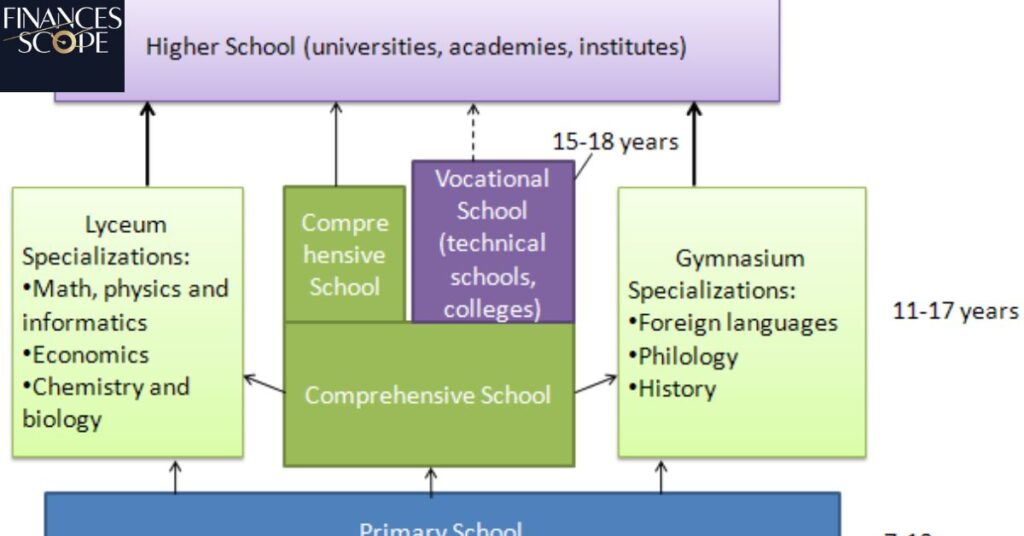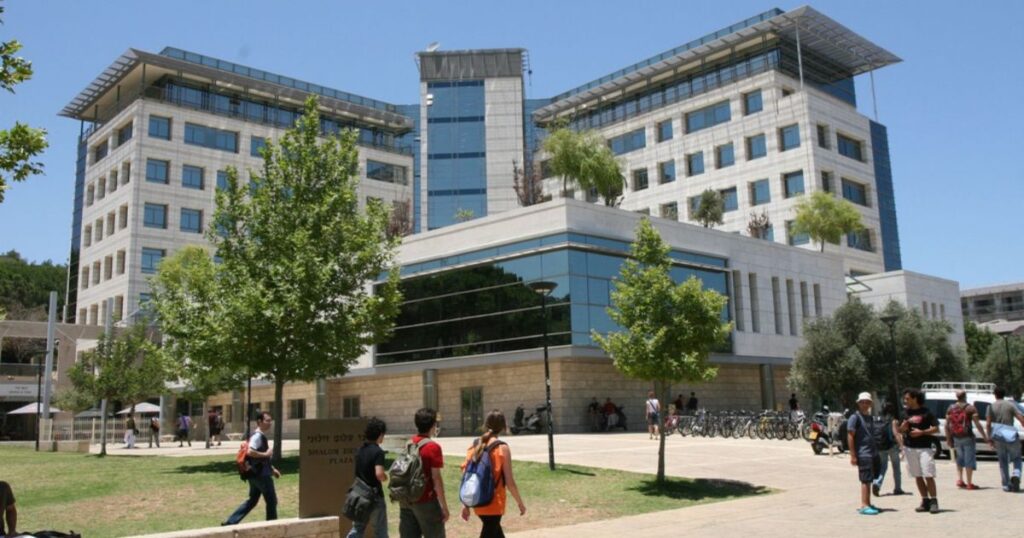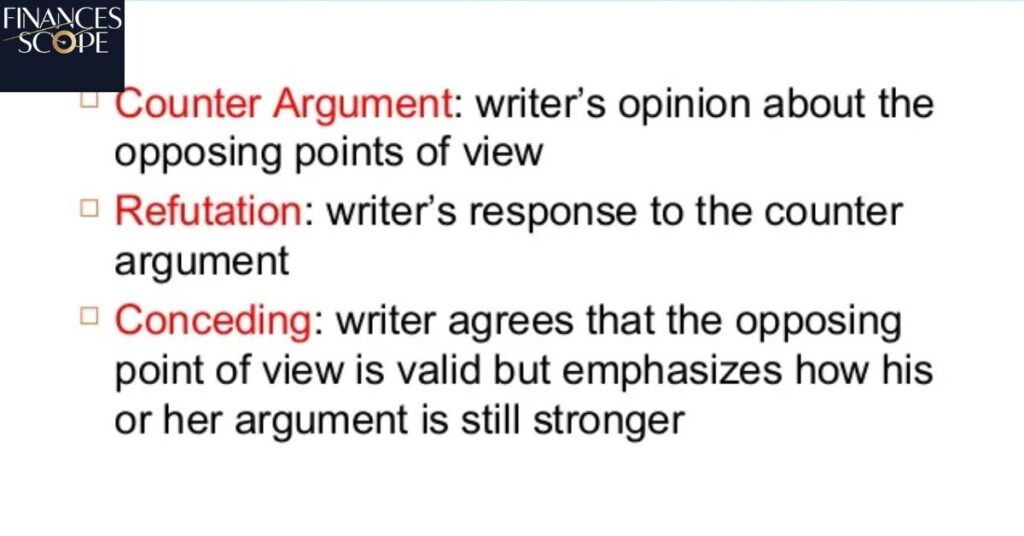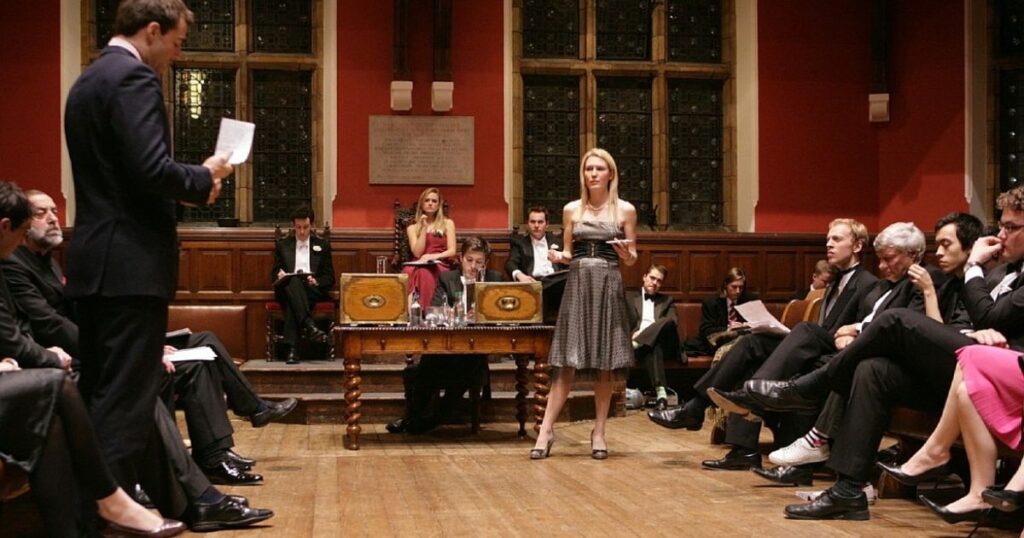The relationship between universities and global affairs has become increasingly complex as these institutions of higher learning navigate the intricate landscape of international politics and economics.
The question of whether universities are invested in Israel is a particularly contentious one, as it sits at the intersection of academic priorities, ethical considerations, and the broader dynamics of the Israeli-Palestinian conflict.
As universities seek to maintain their roles as centers of knowledge and learning, their investment decisions and academic collaborations have the potential to reverberate far beyond the confines of the campus, shaping public discourse and even influencing the geopolitical landscape.
The Intersection Of Higher Education And Geopolitics
The relationship between universities and global affairs is a complex and often contentious topic. As institutions of higher learning, universities are expected to maintain an impartial stance on political issues.

Focusing their efforts on the pursuit of knowledge and the advancement of scholarship. However, in an increasingly interconnected world.
The actions and investments of universities have the potential to influence and be influenced by geopolitical dynamics, leading to a range of ethical and practical considerations.
The Role Of Universities In The Global Landscape
Universities, with their vast resources, intellectual capital, and far-reaching influence, are increasingly recognized as important players in the global arena.
From research collaborations and academic exchanges to investment portfolios and endowment management, the decisions made by universities can have far-reaching consequences, both within and beyond the academic sphere.
The Ethical Dilemma
As universities navigate the complexities of the modern world, there is a growing debate surrounding the ethical implications of their actions and investments.
When it comes to the issue of Israel this debate has become particularly contentious with concerns being raised about the potential impact of university investments on the ongoing Israeli-Palestinian conflict.
Exploring University Investments In Israel

The question of whether universities are invested in Israel is a multifaceted one with varying degrees of transparency and accountability across different institutions.
Endowment Management And Investment Portfolios
Many universities maintain large endowments which are typically managed by investment professionals tasked with growing the institution’s financial assets.
These endowments may include investments in a range of assets, including companies, funds, and real estate some of which may have direct or indirect connections to Israel.
Obtaining comprehensive and accurate information about university investments can be a significant challenge. The complexity of investment portfolios, the use of intermediaries and commingled funds, and the desire for privacy on the part of universities can all contribute to a lack of transparency, making it difficult to ascertain the full extent of university investments in Israel.
Challenges In Transparency
Challenges in transparency remain a significant concern for Public Interest Entities (PIEs) as they strive to meet growing demands for openness and accountability.

Navigating complex regulatory environments across different regions can lead to inconsistencies in reporting, making it difficult for stakeholders to gain a clear understanding of a company’s true operations.
The rapid pace of technological change also presents challenges, as the potential for data breaches and misinformation increases. Additionally, maintaining a balance between transparency and protecting sensitive business information can be tricky, potentially hindering full disclosure.
Cultivating a transparent corporate culture requires sustained effort and commitment, making transparency an ongoing challenge for many organizations.
Academic And Research Collaborations
In addition to investment portfolios universities may also have academic and research collaborations with Israeli institutions, organizations, or individual scholars.
These partnerships can take various forms, such as joint research projects student exchanges, or faculty appointments, and can raise questions about the potential political implications of such collaborations.
Read This Blog: Can Corporations Claim Business Investment Loss?
The Debate Over Academic Freedom
The issue of university investments and collaborations with Israel is often framed within the broader context of academic freedom.
Proponents argue that universities should maintain their independence and not be subject to pressure to divest or avoid certain partnerships, while critics contend that such investments and collaborations can be seen as tacit endorsements of Israel’s policies and actions.
The Varied Approaches Of Universities

As the debate over university investments in Israel continues different institutions have adopted a range of approaches, reflecting their unique circumstances, priorities, and principles.
Institutions Actively Invested In Israel
Some universities have been open about their investments in Israel, either through direct holdings or indirect exposure through commingled funds.
These institutions may argue that their investment decisions are based on financial considerations rather than political ones, and that they maintain a commitment to academic freedom and collaboration.
The Counterargument
Critics of these universities’ approaches argue that even if the investments are not explicitly politically motivated.

They still contribute to the economic and diplomatic support of Israel, which they view as being complicit in human rights abuses and the occupation of Palestinian territories.
Institutions Divesting From Israel
In contrast, other universities have taken steps to divest from companies or funds with direct ties to Israel often in response to student and faculty activism or concerns about the ethical implications of such investments.
These institutions may view divestment as a means of aligning their financial policies with their values and principles.
Read This Blog: What Is Portfolio Investment Entity?
The Debate Over Divestment

The decision to divest from Israel is not without controversy, with proponents arguing that it is a necessary and principled stance.
Opponents contend that it is a form of academic censorship or a misguided attempt to influence a complex geopolitical conflict.
Institutions Maintaining Neutrality
Some universities have opted for a more neutral approach refraining from making public statements or taking explicit actions regarding their investments or collaborations with Israel.
These institutions may argue that they are upholding the principles of academic freedom and maintaining an impartial stance on political issues.
The Challenges Of Neutrality
Critics of this approach argue that maintaining neutrality in the face of human rights concerns can be seen as a tacit endorsement of the status quo, and that universities have a moral obligation to carefully consider the ethical implications of their investments and partnerships.
Frequently Asked Questions
What is the extent of university investments in Israel?
The extent of university investments in Israel is difficult to ascertain due to a lack of transparency in investment portfolios and endowment management.
What are the ethical concerns surrounding university investments in Israel?
The primary ethical concerns revolve around the potential for university investments to contribute to the economic and diplomatic support of Israel, which some view as being complicit in human rights abuses and the occupation of Palestinian territories.
How have some universities responded to these ethical concerns?
Some universities have taken steps to divest from companies or funds with direct ties to Israel, while others have maintained a neutral stance or argued that their investment decisions are based on financial considerations rather than political ones.
What is the debate over academic freedom in the context of university investments and collaborations with Israel?
Proponents of academic freedom argue that universities should maintain their independence and not be subject to pressure to divest or avoid certain partnerships. Critics contend that such investments and collaborations can be seen as tacit endorsements of Israel’s policies and actions.
What are the potential consequences of university decisions regarding investments and collaborations with Israel?
The decisions made by universities can have far-reaching implications, both within the academic community and in the broader geopolitical landscape. These decisions can influence public discourse, shape institutional reputations, and impact the financial and research-related activities of the universities themselves.
Conclusion
The question of whether universities are invested in Israel is a complex and multifaceted issue that reflects the broader intersection of higher education and geopolitics.
As institutions of learning and research universities are expected to maintain an impartial stance on political issues yet their actions and investments can have significant consequences on the global stage.
The debate surrounding university investments in Israel highlights the ethical dilemmas that arise when institutions of higher learning must navigate the complexities of the modern world.
Some universities have taken a more transparent and proactive approach others have opted for a more neutral stance leading to ongoing discussions and debates about the appropriate role of universities in addressing geopolitical concerns.

Marcus Delgado is a certified financial planner with expertise in retirement strategies and tax optimization.
With a background in economics and a passion for helping individuals achieve financial freedom, Marcus provides practical advice on long-term wealth building and smart money management.












